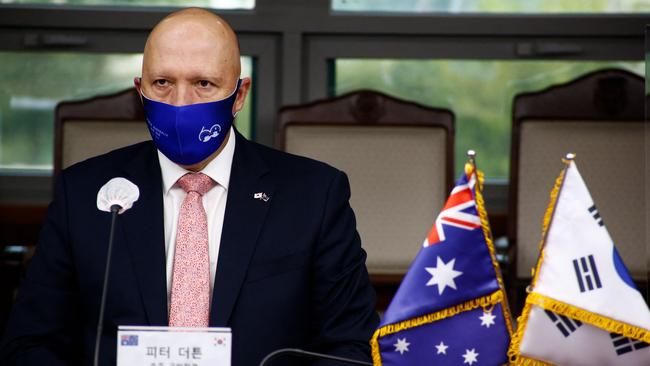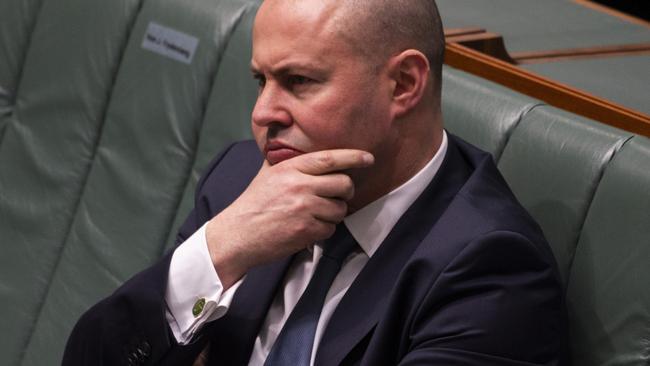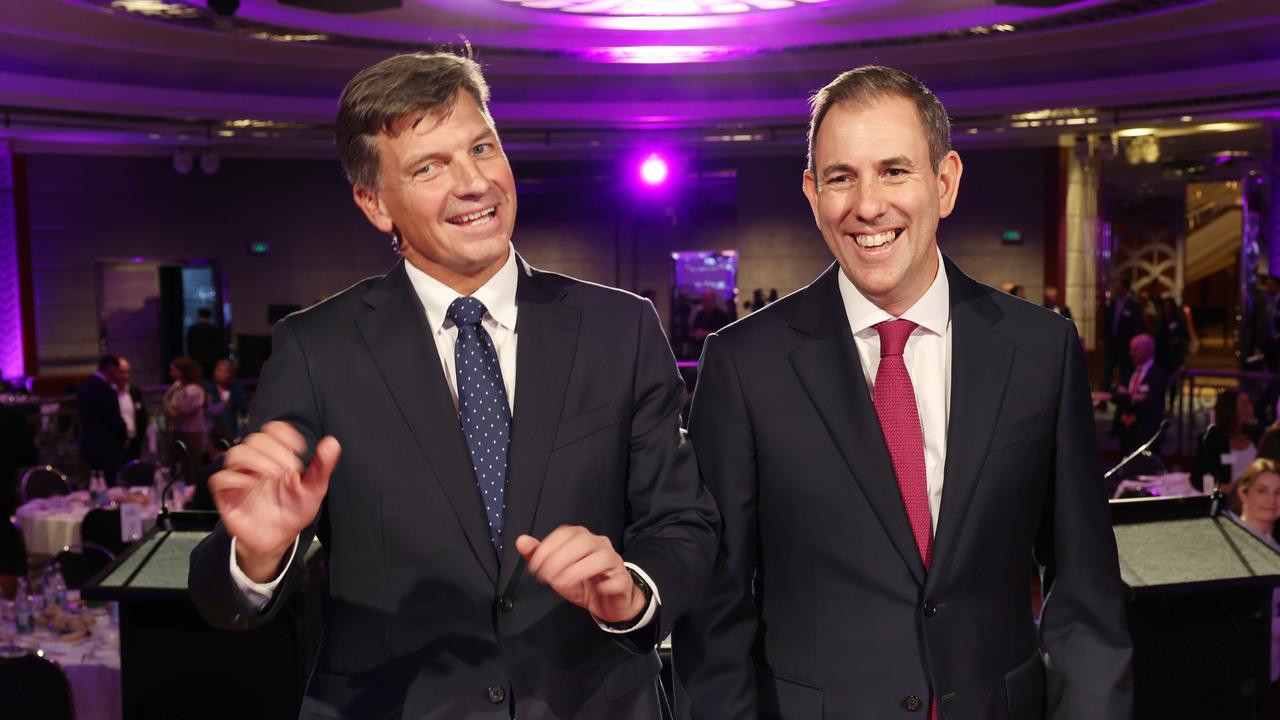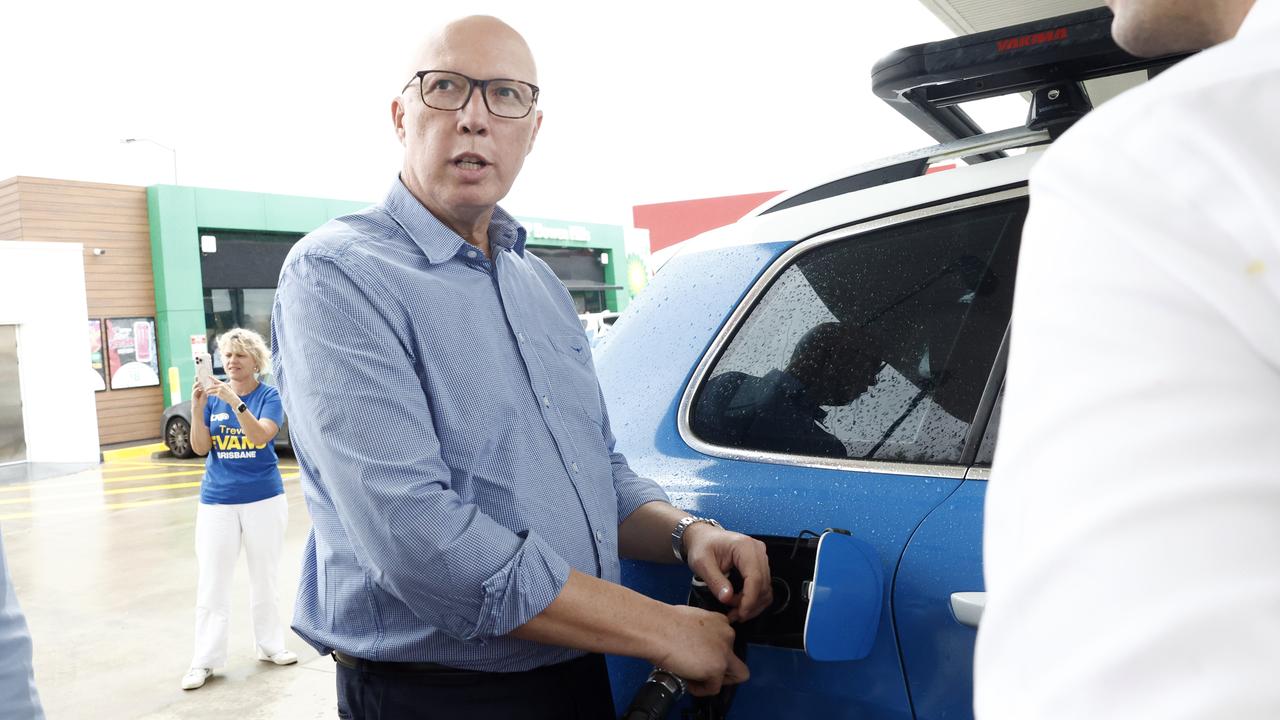
visited Indonesia, India and South Korea there was one subject that each of the three regional nations would have had difficulty raising - the fact that Australia is squandering around $400bn on three massive defence equipment purchases that add little to regional security.
Just as bad, we are being hoodwinked into becoming almost totally dependent on overseas supplies to maintain whatever contribution this equipment may make.
Most of the Dutton-Payne discussions would have been on regional issues like Covid-19, the role of the US, the rise of China encompassing the Australia-China trade war and the dangers in the South China Sea and Taiwan.
In an era when the region may need to rely less on US defence power, the ability of Australia to spend such vast sums could have been a major plus for the region. Instead, the submarine, frigate and Joint Strike Fighter/F-35 programs show the region that we lack clear direction in defence and, long term, cannot be relied on for meaningful help.
But during the Dutton and Payne regional tour a first step in overcoming the disasters was actually taken by Treasurer Josh Frydenberg when he declared: “There will be times when we must pay a ‘premium’ to protect our economy and ensure our long-term economic resilience. It is also the case that Australian businesses will need to enhance their own resilience.”
Frydenberg was addressing Australian enterprises and consumers. His second step must be to give the government and particularly the defence department the same instructions to set Australia back on a path towards being a better contributor to regional defence.
The need for a local industrial base was underlined in World War II and we built significant capacity in the decades that followed.
Accordingly both the Collins submarines and the first frigates built in Australia used extensive Australian components. Then foolish people in Treasury and Defence decided that they should source vital equipment around the world at the best price. We contracted with three overseas-based prime operators to design and build the three big projects - the JSF (the US), the submarines (the French) and the frigates (Britain). In each case the design process has had little relationship to total cost and to local suppliers.
The Joint Strike Fighter has some local content but in all three cases the overseas prime contractor was anxious to button their local supply chain into the projects. They argued their supply chain will provide equipment at much lower cost. They also designed the frigates, submarines and JSF with specifications that gave their local supply chains an advantage.
In the pandemic we have been taught a valuable lesson because we are finding it difficult to access supplies and naturally the container shippers are ripping us off with huge charges. But that’s nothing to what will happen if there is a serious rise in tensions in the region.
When we decided that an industrial base no longer mattered we began step by step to dismantle fast segments of it. Frydenberg now understands the cost of this mistake.

We are going to need the defence industry to help us rebuild that base. But we will need to make sure this time round that we do not allow bad work practices to unnecessarily boost the costs and we must take advantage of modern technology.
Meanwhile there is actually encouragement from Peter Dutton.
The giant submarine fiasco will cost in the vicinity of $150bn to build and operationally will head towards a total cost of $300bn. By the time we have an operational fleet in 2040 and beyond the technology being developed in China makes this huge investment a waste of money. At some point the Australian community must be told the truth by whichever party wins the next election.
It will be easier for the ALP to do it but I suspect the Coalition is also prepared face the truth. We could have taken the project to the manufacturing stage but it is still in design.
It would have been a lot cheaper to cancel the contract now but the electoral implications were too great. It can still be cancelled after the election at a higher cost but it’s a token outlay compared to the hundreds of billions set to be squandered.
In the case of the frigates we thought we were buying an already designed vessel but instead we are trying to design a new one that’s running into all sorts of bother. The British want to use their supply chain.
The prime contractor will not admit it but senior American defence chiefs now know that the JSF is a failure and we have to help them devise a way around the problem and in the process this time make sure there is more Australian content.
The key to previous defence projects was that we had an Australian prime contractor that kept control of the exercise to make sure it could be integrated into the local industry. We need to go back to that style.
There is not much good that will come out of the pandemic but if it teaches the nation the need for an industrial base given our isolation then there will be at least some benefit.




When Defence Minister Peter Dutton and Foreign Affairs Minister Marise Payne